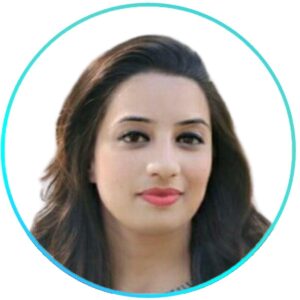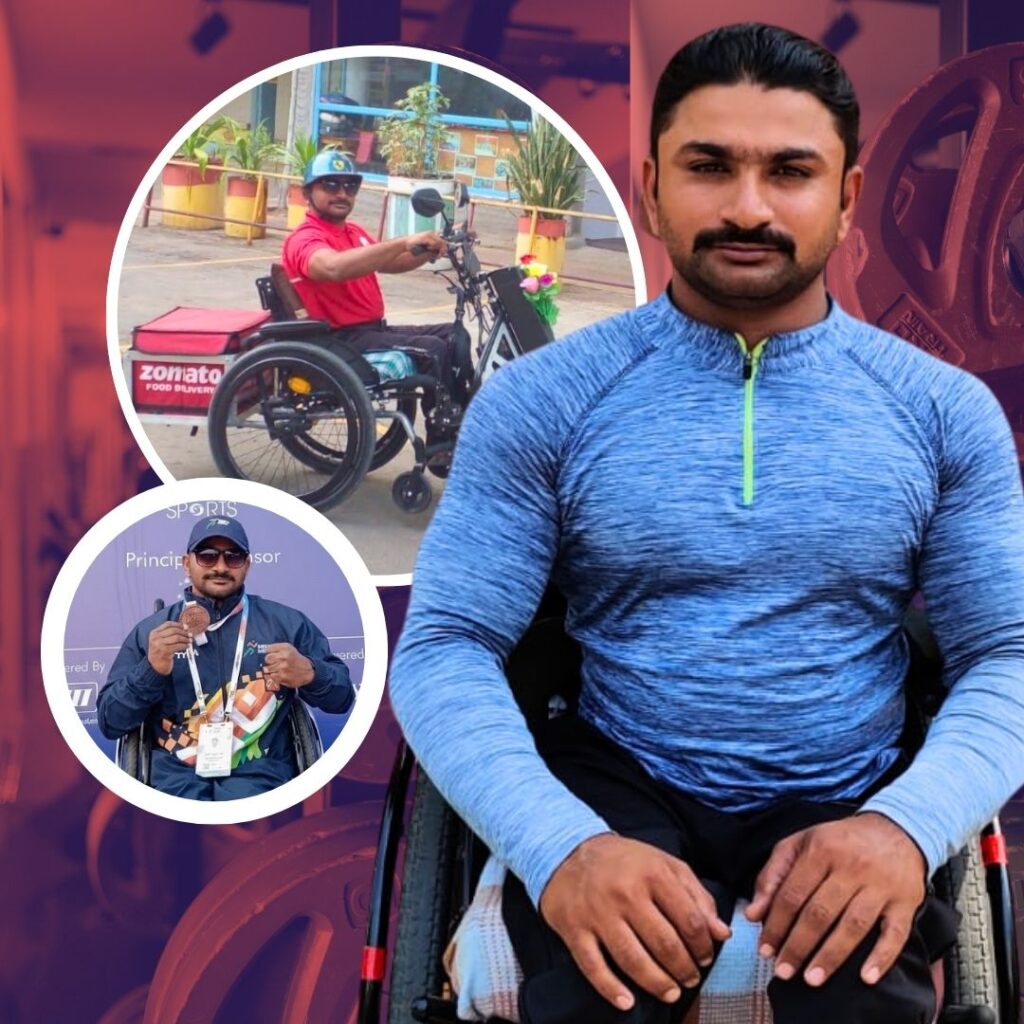I always liked experimenting with music from a young age and was especially inquisitive about all the outlandish music I could discover. I never thought I could be a good vocalist or play any instruments too well, so I just liked to deconstruct different kinds of music and understand the process behind their production. I inculcated this habit, particularly when I was in college when I started working as a journalist for an electronic music magazine part-time so I could attend free gigs.
I had to review new tracks and interview artists, which made me appreciate the process much more. I then started tinkering with music production on DAWs on my laptop myself, with a few friends’ help, which gave me a lot of confidence. By this time I graduated from college and started working as a reporter.
I needed a creative outlet at that point, and I came across a workshop called ‘Women in electronic music’ organised by Wild City, which I signed up for. That’s where I picked up DJing, and met a group of women with whom we started an all-women’s DJ collective called ‘Coven Code’. The idea was to occupy space in a male-dominated nightlife and music industry as women, and then we focused on building a creative culture around sound that hoped to be inclusive for those who are often marginalised by society.
The first time I DJed, I experienced joy like no other, firstly because having people enjoy the music you’re putting out and curate that experience for them in real-time is so gratifying. Secondly, because it felt great to see women coming to the front of the dance floor and dancing their hearts out which isn’t the case otherwise when male DJs are playing. I am always so glad to see when women feel the sense of comfort seeing a female DJ and letting their hair down. Since then, I have tried to recreate that experience every time for women especially.
How DJing Changed My Life
At first, I was DJing just as a hobby because I love making people dance to the musical journey I get to create for them. However, through time it became much more than a hobby. I realised how much importance it holds for me because I would happily lose sleep and spend my nights preparing sets for gigs after work. Then recently, I got diagnosed with a chronic illness which left me quite dysfunctional and depressed. Slowly as I recovered and got gigs offered, I started setting recovery goals to be able to play these gigs.
DJing served as the most incredible coping mechanism for me during this time. It was initially hard to stand for 1-2 hours consistently to play a set, but it gave me so much joy when life otherwise felt so dull and a lot of times painful. Even now, I ensure I get 2 hours of physiotherapy in before a gig and ensure I get enough downtime before and after. Behind the console is the happiest I feel honestly, and I’m so glad I found this passion.
Generally, being a woman in the nightlife/music industry comes with its own problems, including safety concerns, lack of representation, and general tokenism, but thankfully I feel like I have found a community of people who are empathetic and willing to contribute to the change for the better. Personally, I feel like sometimes I’m too shy to ask for help or come off as a newb but I’m trying to overcome that and experiment more and more.
DJing As A Profession For Women
DJing is such a fun and gratifying profession if you consider the art aspect of it. However, artists are also exploited quite a bit in this industry, with abysmally low fees that often come late from well-renowned venues. The pandemic has further exacerbated these problems. Then there are challenges that women DJs face, ranging from uncalled-for hyper-sexualisation, harassment, casual sexism, and threat to safety, that often pose as deterrents for us to pursue this profession.
I’d tell any aspiring female DJ to reach out to other female DJs and communities for help, support and feedback. There are so many experiences that we as individuals go through, not knowing that other women have also gone through them. I’d tell them that they’re not alone, and persuade them to use the internet as the greatest tool for learning techniques, finding online communities, and putting out their work for the world to see.
If you, too, have an inspiring story to tell the world, send us your story at mystory@thelogicalindian.com












